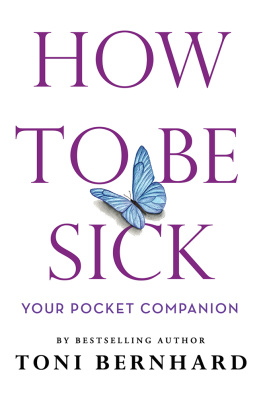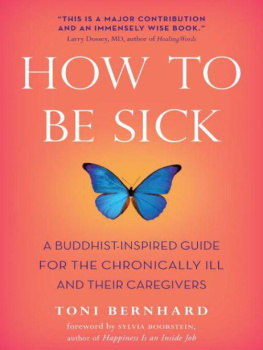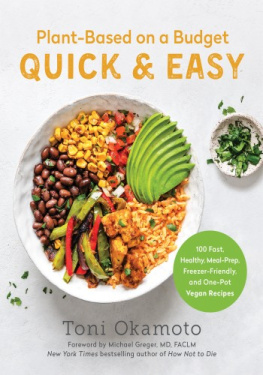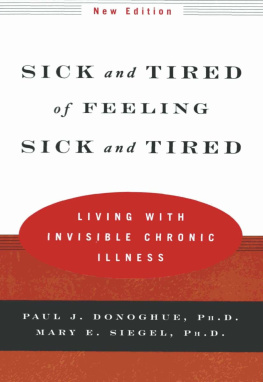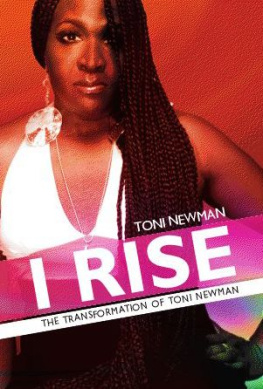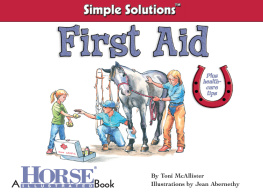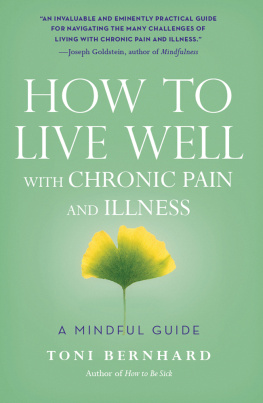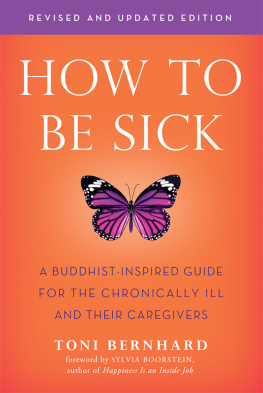Wisdom Publications is the leading publisher of classic and contemporary Buddhist books and practical works on mindfulness. To learn more about us or to explore our other books, please visit our website at wisdomexperience.org or contact us at the address below.
We are a 501(c)(3) organization, and donations in support of our mission are tax deductible.
Wisdom Publications is affiliated with the Foundation for the Preservation of the Mahayana Tradition (FPMT).
YOU WONT BE ALONE WHEN YOU HAVE THIS POCKET-SIZED TREASURE OF TRANSFORMATIVE PRACTICES, WRITTEN BY BELOVED BESTSELLING AUTHOR TONI BERNHARD.
In 2001, Toni got sick and never recovered. As she faced the confusion, frustration, and despair of a life that was suddenly severely limited, Toni had to learn how to be sick.
In this easy-to-use, easy-to-carry book, Toni shares practices from her bestselling classic How to Be Sick and also offers new suggestions and strategies for coping with a life impacted by chronic pain and illness. Because the book is organized by specific challenges, you can immediately find practices that can help when theyre needed most.
With this book in hand, you will discover the experiential wisdom that has helped Toni live a life of equanimity, compassion, and joy, despite her physical and energetic restrictionsand, sometimes, because of them. In the pages of this loyal companion, youll find help, solace, and inspiration, no matter what life challenge youre facing.
Receive the latest news and updates from Wisdom, including new releases and special offers.
Click here to sign up.
THE CHALLENGE
Not Engaging in Self-Blame
I know from experience that nothing positive comes from directing blame at yourself. Anybody can get sick, physically or mentally, and anybody can develop chronic pain. It can happen when youre young. It can happen when youre older.
Sadly, self-blame is often the habitual response when youre faced with one of the challenges that are the subjects of this book. A treatment didnt work? Somehow, its your fault. You received dismissive care from a doctor? Somehow, you did something wrong at the appointment.
Blaming yourself for something that isnt your fault wastes your precious energy. Instead, spend your time doing what you can to ease your symptoms and to build the best life you can for yourself.
The suggestions and practices that follow will help put an end to the blame game.
Recognize that a lack of control over much that happens to you is an inescapable reality of the human condition.
If you had control over what happened to you, youd order up a lifetime of perfect health. I certainly would. But life doesnt work that way. At some point, all of us must grapple with health challenges that are beyond our ability to control.
You are not alone in this. This is simply how and when it happened to you.
No blame!
Use Three-Breath Practice to shift your attention from self-blame to whats happening in your immediate experience.
This mindfulness practice is easy but powerful. All you need do is pause and bring your full attention to the physical sensation of three consecutive in-breaths and out-breaths.
Because the sensations of the breath always occur in the present moment, this practice puts you in the present moment. This prevents you from remaining lost in self-judgmental thoughts.
Three-Breath Practice can be done any time, any place, and in any posture. Your eyes can be opened or closed.
The more you practice it, the earlier youll begin noticing that a judgmental thought has arisen. Catching it early like this can keep it from escalating into full-blown self-blame.
Be sure that embarrassment isnt contributing to your self-blame.
Embarrassment is the painful, self-conscious feeling that youre violating a social norm because you cant regain your health. It arises as a result of childhood and cultural conditioning that cause you to hold yourself to unrealistically high standards; when you cant meet them, you feel embarrassed, even ashamed.
The unrealistic standard at work here is that perfect health is within your power if youd just eat right, exercise, etc. This distorted view is fueled by the media and often by the people right around you.
To overcome embarrassment, first, recognize that its source is unrealistic expectations, and then remind yourself that pain and illness come with the human experience. You dont control when theyll show up or how long theyll stick around. Theres nothing to feel embarrassed about.
Think of words that address the pain of self-blame, and recite them to yourself in a kind and soothing manner.
Consider this from Pema Chdrn, a teacher of Tibetan Buddhism: The most difficult times for many of us are those we give ourselves.
If you are your own harshest critic, you can find relief from that emotional suffering by coming up with words that capture how painful it is to engage in self-blame. Then gently repeat them to yourself. Your words might be similar to these: Blaming myself for something that isnt under my control hurts as if its a self-inflicted wound or Its upsetting to realize that I treat myself more harshly than Id ever treat others; thats not fair to me.
Expressing understanding and compassion for yourself in this way disarms self-blame. You are, in effect, taking away its power over you. As a result, it might just make a hasty exit!
Count each separate day as a separate life (as advised by the Roman philosopher Seneca).
Try counting each moment as a separate life, too. You may have blamed yourself for being chronically ill in the last moment, but this is a new moment a new life.
In this new life, instead of criticizing yourself for something thats not your fault, treat yourself with understanding and compassion.
And if you fall back into your old habit of self-blame, its okay because, in the next moment, you can start anew!
THE CHALLENGE
Making Peace with Your Inability to Know What the Future Holds for You
Wed all like certainty in our lives. If youre like me, the desire to know whats going to happen to you would sit near the top of your wish list. But none of us can know.
One of the conditions of being alive is that youre subject to constant change and all it implies, including uncertainty, unpredictability, and a lack of control over much that happens to you.
Being chronically ill can make all of life feel problematic, from what social commitments to make to whether youll be able to handle an emergency.
Here are some strategies and practices to help you find a measure of peace and contentment in the midst of lifes uncertainty.

